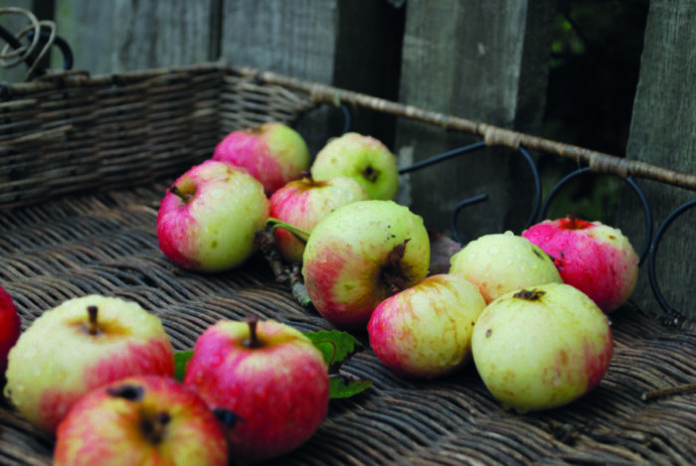
Every day our production system rejects an enormous quantity of food just because it is not homogeneous in shape and size. In other words, less ‘beautiful’ food but good anyway, which does not meet an ideal of ‘perfection’ or ‘standard’, which is wasted or not used for food. In Italy, 36 kilos of food per person are calculated every year along the entire production, distribution and consumption chain, which cost us around 1% of the national GDP, with an estimate ranging between 12 and 16 billion EUR.
In Italy and the rest of Europe, 21% of the waste of fruit and vegetables, according to FAO data, occurs directly in the fields. Foods that are discarded, left on the ground or used to make compost, often due to imperfections, of failure to comply with the standards that the food industry has imposed at first but which has then become an essential condition for acceptance by of consumers.
It is precisely to challenge this model that NaturaSì launches with Legambiente an initiative intended to strongly reduce the waste of food in the fields. The organic farm has decided to make available so customers, imperfect products, only a little larger or a little smaller or simply with an unusual shape. But good the same because they contain the same nutritional properties as any other biodynamic and organic product.
“By recovering and marketing what is just smaller, or just bigger, or just different, we go from a 20% of product discarded on our fields to a maximum, almost physiological, of 4%”, Fausto Jori Jori , CEO of NaturaSì, explains. “In our 500 stores there are now what we have called the cospernatura, products sold with a reduction that reaches up to 50% of the price of the same standard products. This is a contribution that we want to make to a real turnaround in agriculture, food and even culture “.
“Food waste is one of the problems we have faced for years, through constant action by our local network committed to promoting concrete actions and raising public awareness of sustainable lifestyles also in food consumption – Stefano Ciafani, National President of Legambiente, declares – In this new phase, we are called to rethink our consumption patterns and guide our choices, also and above all among the shelves, abandoning the consumerist logic based on the standardization of agricultural products and favoring foods that guarantee an ecological and ethical use of energies and resources used for their production. It is undoubtedly one of the challenges on which it is also necessary to confront at national level, in the context of the European Green Deal, to further promote our country’s agroecology. Greater concreteness is needed to prevent food waste, among the factors that contribute to the increase in climate-changing gas emissions”.
And that it is possible to change course is shown by the data. During the trial phase of the sopernatura project, in a single month, from the end of April to the end of May, the products made available in stores by NaturaSì reached 795 tons. The goal is to recover 2,500-3,000 tons of “imperfect” fruit and vegetables more per year. This means, according to the numbers, that the ambitious path of “zero waste” of the crop has already been undertaken. With an advantage for everyone. The need to be beautiful by force, in fact, as well as damage to agriculture and the environment, entails a significant economic loss. The homogeneity of the shape and size of agricultural products, in fact, raises the price to the consumer for waste and reduces the farmer’s income.
“With cospernatura we contribute to making biodynamic and organic products more accessible also in terms of price, remaining ever closer to those who buy and those who produce. The sopernatura, in addition to reducing waste, give space to non-hybrid and indigenous seeds, selected for their vitality and productivity, cultivated according to the principles of biodynamic and organic agriculture. Seeds that farmers can freely sow. This step forward can give a boost to a regulatory review that rewards anti-waste activities or at least that does not punish them” Jori concludes.



































